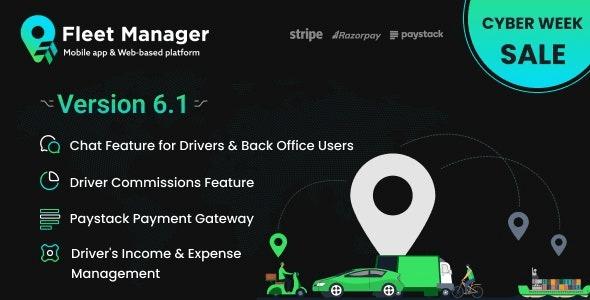Fleet Manager Nulled In the increasingly complex global business terrain, fleet managers, also known as transportation managers, play a pivotal role in any industry that moves people or manufactures, transports, or warehouses products. In addition to optimizing transportation operations (which may include selecting vehicles; hiring, training, and scheduling drivers; and overseeing vehicle maintenance and regulatory compliance), they work closely with other key departments to support the company’s mission. Becoming a successful fleet manager requires a robust combination of education, experience, skills, and knowledge.
Fleet Manager Duties & Responsibilities
Fleet managers are usually in charge of all facets of the transportation activities of an organization, including:
- Maintain departmental compliance with company policies and procedures.
- Ensure departmental adherence to applicable laws and regulations.
- Recordkeeping.
- Manage other employees.
- Schedule, route, maintain, and track transport vehicles.
- Negotiate with suppliers.
- Resolve disputes.
- Analyze the effectiveness of operations.
- Implement and enforce transportation scheduling and policy changes.
In the process of discharging their overarching duty to maintain and enhance customer relations through on-time, safety-conscious, budget-friendly transportation of people, products, or raw materials, fleet managers are also accountable for staying abreast of federal, state, and local regulations affecting their operations; registering and licensing vehicles and keeping inspections up to date; developing procedures to maximize productivity, cut expenses, and minimize mistakes and waste; and working with other managers to meet organizational and budgeting priorities.Fleet Manager Free Download
Demo: https://www.liveabout.com/what-is-a-fleet-manager-1361527



